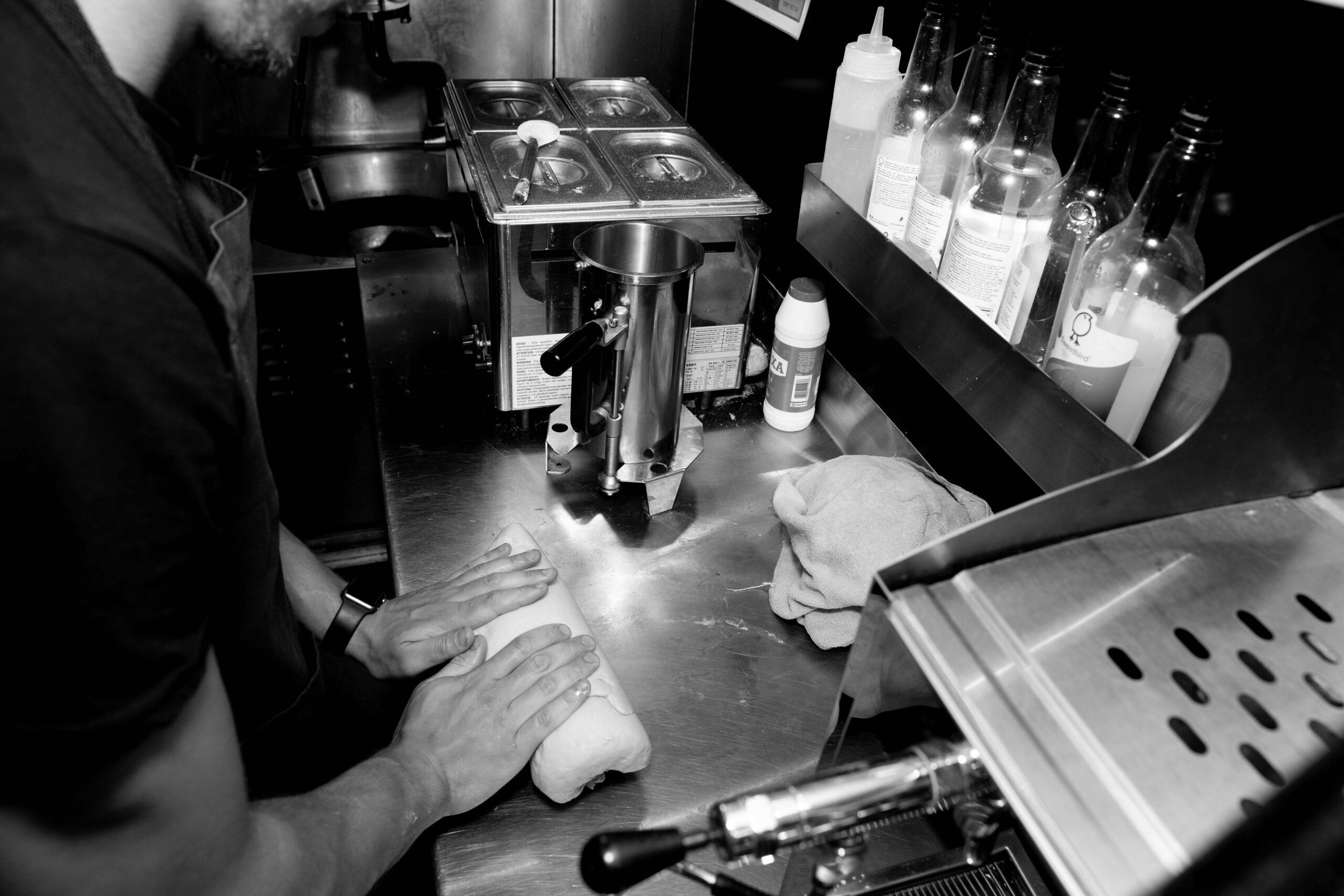


Street Food Law
This page will cover the laws and regulations that govern street food in the UK that you need to be aware of.
As with operating any business in the UK, there are a relevant set of laws you must comply with in order to be able to trade. Here we run through nine imperative laws that all street food businesses must adhere to:
1) 28 days prior to trading, all food preparation premises must be registered with the local Environmental Health Office in the area in which the unit is stored, if mobile, or in the area you pay Council Tax to, if fixed.
2) If you trade on public streets or roadsides, you will need a Street Trading Licence. You can apply for this through your local authority.
3) Get the right legal & tax structure for you and your business. When setting up your new catering business, you will need to elect a business structure which best suits the needs of your business. Options include: Limited Company, Limited Liability, Partnership or Sole Trader.
4) If you employ anyone, even if they are family, you must have valid Employer Liability Insurance, and display the certificate in the place of work.
5) All persons coming into contact with food must have hygiene training (the level of training depends on the job) to be allowed to work in the premises. As a general rule:
Level 1 Food Hygiene Training is for staff who do not have direct contact with open foods. Level 2 Food Hygiene Training is for staff who handle open foods and Level 3 Food Hygiene Training is an advanced hygiene course designed for managers, supervisors and business owners.
6) You must put into place, implement and maintain a documented Food Safety Management System based on the principles of Hazard Analysis & Critical Control Points (HACCP).
7) A health & safety risk assessment must be carried out by the business proprietor at regular intervals or if the circumstances of the business change.
8) If you employ 5 persons or over you must produce a written Health & Safety Policy Document. If you employ more than 5 people you must carry out a Fire Risk Assessment.
9) By law, all food business must have separate hand and pot washing facilities. People failing to wash their hands regularly is a key cause of cross contamination and food poisoning. Subsequently, it is a legal requirement for all catering units to have appropriate hand washing facilities.
10) In line with Natasha’s Law, all food businesses must provide information for customers relating to the allergen content of all its food. Food businesses are legally required to inform about the presence of any of the 14 main allergens in their products. The 14 main allergens include:
- celery
- cereals containing gluten (such as wheat, rye, barley and oats)
- crustaceans (such as prawns, crabs and lobsters)
- eggs
- fish
- lupin
- milk
- molluscs (such as mussels and oysters)
- mustard
- peanuts
- sesame
- soybeans
- sulphur dioxide and sulphites (at a concentration of more than ten parts per million)
- tree nuts (such as almonds, hazelnuts, walnuts, brazil nuts, cashews, pecans, pistachios and macadamia nuts)
How does NCASS membership help you trade legally?
It might feel like you’re dealing with a minefield when it comes to complying with legislation, but when you’re an NCASS member, we’ll guide you and give you everything you need – due diligence documentation, risk assessments, policies, training, contracts and more. Find out more about the Nationwide Caterers Association membership.
Read Next:
Hygiene Inspections
This page will cover what hygiene inspections are, why they are important for your business and how best to prepare for them.
Read now
